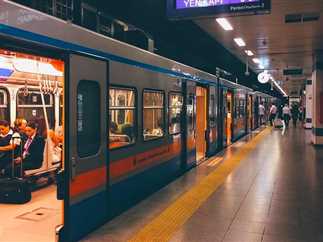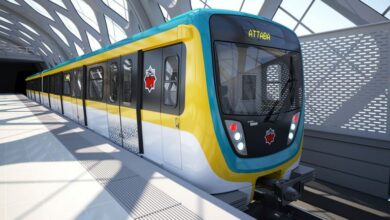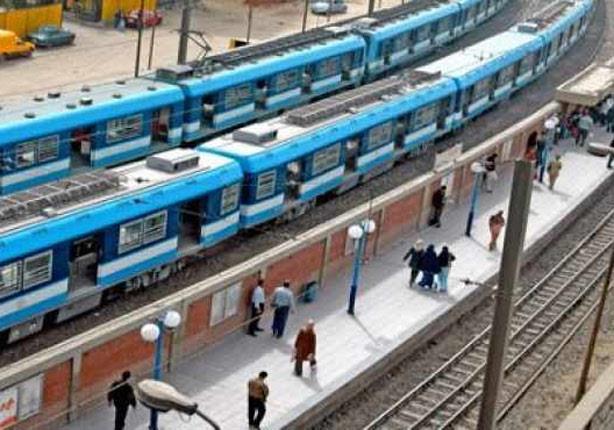
The idea of a train without a driver is closer to science fiction or children’s cartoons, or even research that predicts the future of technology in the coming years.
This is what is happening now in Egypt: a trail for nom driver metros.
The sixth line of the Cairo metro will be the first driverless metro in Egypt and Africa.
Alstom, the French company responsible for design and implementation of the project, announced the project for the first time at the UN COP27 Climate Conference, to clarify the extent to which the project is environmentally friendly.
Alstom, stated, in an official statement issued at the COP27 summit, that Egypt signed an agreement to design, implement and maintain Cairo Metro’s sixth line to be the first African electronic driverless metro in Egypt.
It will eventually provide the line which is 35 kilometers longand that accommodating about half a million passengers with this new system design of transport.
The new line will include 27 stations, 12 of which are underground, and will extend from north to south through the neighborhoods of Greater Cairo.
Starting from Shubra al-Khaima, passing through New Maadi, and ending at the beginning of Ain Sokhna Road, al-Khosous.
According to the company’s statement, the company will provide 294 railway vehicles and supply signaling and communication systems, as well as power supplies, traction and high-voltage substations.
The initiative will also provide warehouse design and equipment, track works and automatic fare collection.
But the most important point in the contract is the company’s responsibility for the maintenance of the sixth Cairo metro line.
The project will allow citizens to reach more destinations in faster time and at a lower cost.
The sixth metro line will also reduce congestion pressure on Cairo’s first metro line, on which the vast majority of metro users depend.
The great importance of the project lies in reducing carbon dioxide emissions, which amount to 22 million tons per year, and represents 40 percent of transportation emissions in Egypt.
The agreement demonstrates Egypt’s commitment to ensuring that Cairo is an inclusive, safe and resilient city, said Andrew Dillon, Alstom’s Head of Africa, Middle East and Central Asia.
Why is Alstom executing the project and why was it chosen?
The executing company of the sixth Cairo metro line project, Alstom, is one of the world’s leading companies in the field of smart and sustainable mobility.
It implemented the Irish railways and is responsible for sustainable transport in India.
It is also working on several projects around the world including Spain and Vietnam, and has worked on the UK railway.
Recently, Alstom released a new study entitled “The Role of Urban Rail in Sustainable Africa,” according to its official website, to reduce car use by 8 million cars on African roads in 2030, and 29 million in 2050.
The study demonstrated that 258 jobs can be created for each km of new railways, according to the scheme to increase the typical share of urban railways in African cities to reach 10 percent in 2030 compared to the basic numbers now of one percent.
The company is undertaking other ongoing projects, including two monorails connecting the New Administrative Capital with Greater Cairo, in addition to supplying 55 Alstom Metropolis trains to modernize the first Cairo metro line and develop the signaling system over a distance of 240 kilometers.



